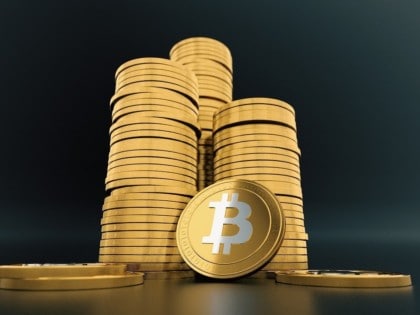
With the recent increase in merchants accepting bitcoin, there is an important caveat that the crypto-currency community would prefer to ignore.
The truth is, most merchants are not really accepting bitcoin – they’re converting the currency to dollars at the point of sale. This means that, in some cases, doing business in Bitcoin is actually less effective than simply doing business in dollars.
Coinbase Instant Exchange™, the online payment processing system used by Overstock.com and recently DISH Network LLC, charges a fee of 1 percent, plus $0.15 for the conversion. This same fee is applied to buying bitcoin on the Coinbase exchange, meaning that the total fees for using the service on merchant and buyer come to 2 percent plus $0.30. This is less than the average interchange fee charged by credit card processing networks, but not by much.
The technology to enable the decentralized buying and selling of bitcoin is coming, and may be getting here sooner than we think, if the people at Coinffeine are to be believed, but it’s not here yet. Mining hasn’t been possible for the average user in quite some time, and in-person transactions are less than convenient.
True, Overstock.com is keeping 10 percent of their bitcoin in the hopes of paying suppliers and employees in it, but even they admit that the IRS has yet to create the necessary regulations for taxing wages in the currency.
The drama starts
While any of these points are reasonable considerations for the bitcoin community to work through, David Evans, the founder of Market Platform Dynamics, took a somewhat more inflammatory approach. On PYMNTS.com, a popular payment news source that Evans is associated with, he wrote an article titled Guess What Folks, Overstock.com Does Not Take Bitcoin.
In his article, Evans compares the process of using bitcoin to buy something on Overstock.com with buying something in Nigerian nairu, paying fees at exchange kiosks along the way. His points aren’t necessarily unreasonable, but the tone of the article and the dismissal of the crypto-currency’s potential for growth left a poor taste in some people’s mouths.
The next level
Evans’s views aren’t significantly different from the disparaging remarks made by a number of other major news outlet at one point or another. There wouldn’t be a reason for, say, Patrick Byrne, co-founder and CEO of Overstock.com, to write a response titled Guess What Folks, David S. Evans Does Not Know His Ass from a Hole in the Ground.
That is, however, exactly what he did. To keep things going, Evans updated his piece, starting with the disclaimer, “Here’s a few clarifications that don’t change the point of the article but provide a bit more nuance to how this all works.” He neglected, however, to correct the misspelling of “Partick Bryne” in his first sentence, as Byrne pointed out in his first post.
Far be it from me to question the economic wisdom of David Evans, or the business acumen of Patrick Byrne, but surely there is some way for these industry leaders to express their points without dispelling our notions of the civilized entrepreneur.







